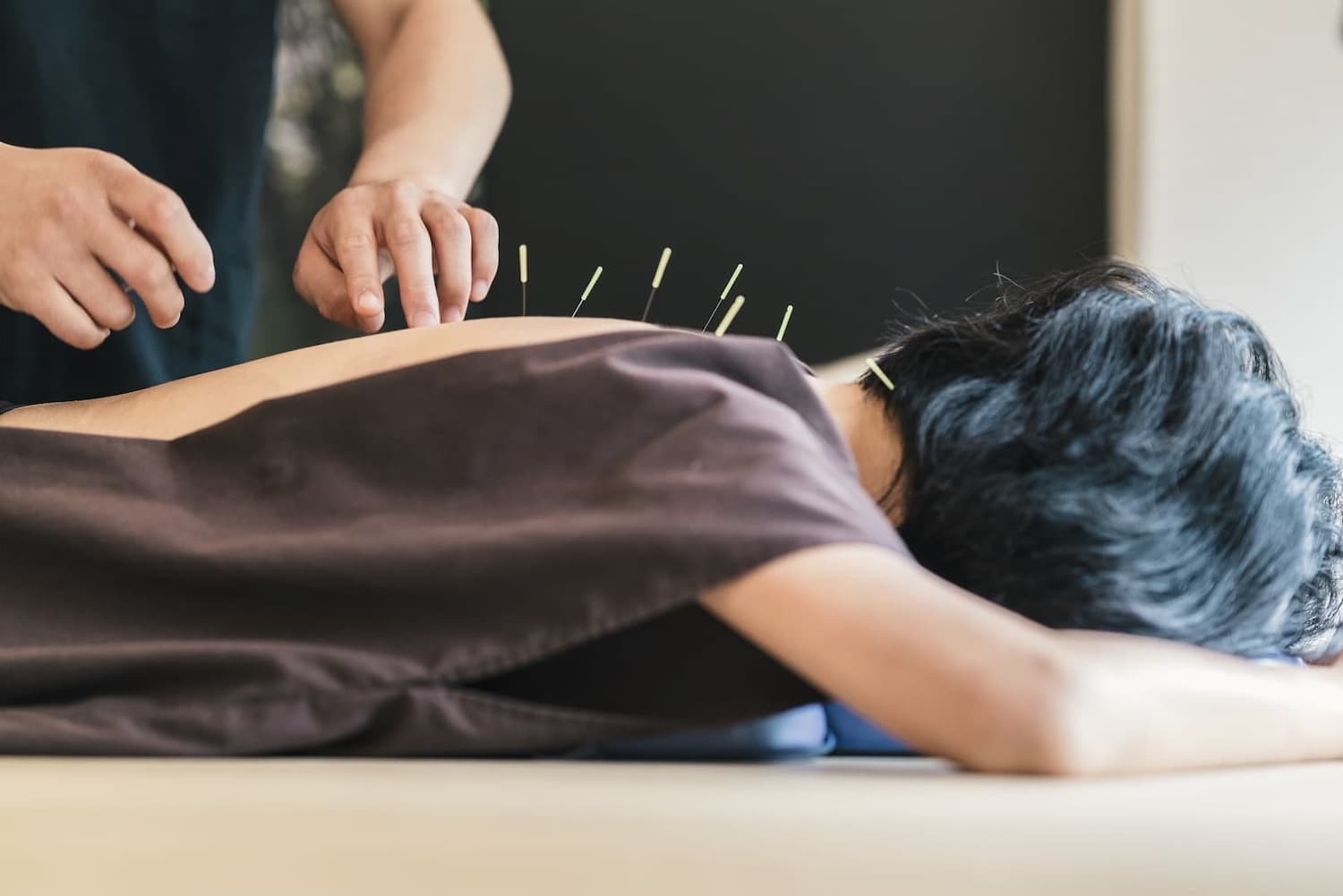Discover Your Perfect Healer Today!
Our online practitioner directory connects you with a wide range of healers to suit your unique needs.
Easily search and find the right professional to support your wellness journey.
Start exploring today to find your perfect match.
Modality
Disease
Books
Products
Events
Training
Blogs
Physical Therapy
How to Become a Certified Physical Therapy Practitioner?
Being a physical therapy practitioner is a rewarding, in its own proportion, career path that is achievable through commitment and education coupled with the desire ...
Read More → Written by
David Brown
Functional Medicine
What Does Scientific Research Says About Functional Medicine?
Functional medicine is gaining popularity because of its individualized approach of providing services but how valid is this type of medicine based on various studies? ...
Read More → Written by
David Brown
Acupuncture
Navigating Discomfort: Understanding Pain and Care After Acupuncture
Acupuncture is an ancient traditional Chinese medical practice that entails sticking thin needles into specific body points in order to balance the flow of energy, ...
Read More → Written by
David Brown
Reiki Healers
Elements of Reiki Healing: A Comprehensive Guide
Reiki healing is the holistic process of channeling energies so that balanced healing can take place. When understood, the fundamental elements increase the potential effectiveness ...
Read More → Written by
John Smith
Aromatherapy
Exploring the Science of Aromatherapy: What Research Reveals
Aromatherapy is often advertised as a means of relaxation and well-being. But what does the science of aromatherapy say? This blog shall look into the ...
Read More → Written by
James Williams
Acupuncture
How Often Should You Get Acupuncture for Lasting Benefits?
The frequency of acupuncture treatments could change depending on the type and severity of the condition, individual responses to treatment, or treatment objectives. For intense ...
Read More → Written by
David Brown






